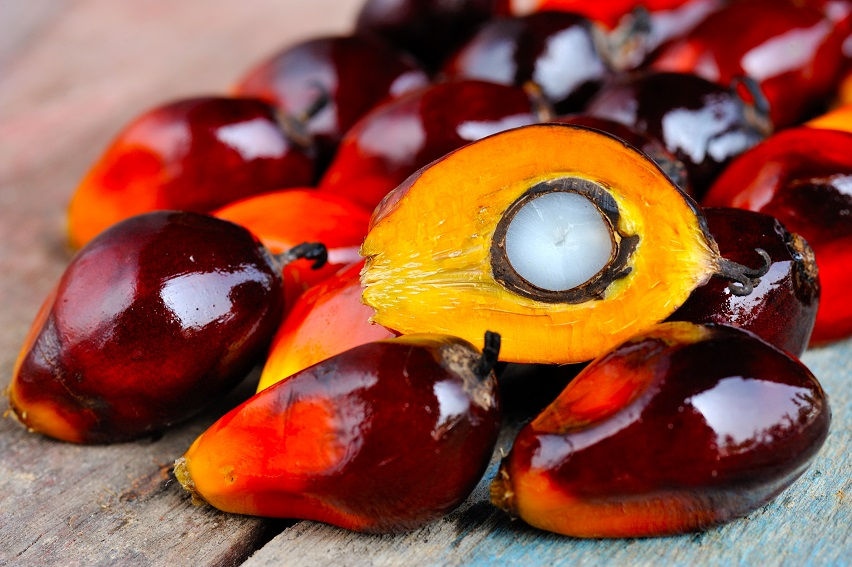ISCC conducts lifecycle assessment of renewable diesel, SAF production from palm oil, residues in Colombia
- ISCC System GmbH
- Feb 15, 2024
- 2 min read

In a collaborative effort funded by the World Bank, the International Sustainability and Carbon Certification System GmbH, with the support of its sister companies Meo Carbon Solutions and Global Risk Assessment Services, has been diligently conducting a lifecycle analysis (LCA) of sustainable aviation fuel (SAF) and renewable diesel produced from palm oil and its residues in Colombia.
The overall objective of the project is to shed light on the impact of oil-palm sector development on the production of SAF and renewable diesel, ultimately serving as a basis for promoting green-market opportunities in Colombia.
Through the BioCarbon Fund Initiative for Sustainable Forest Landscapes Program, the World Bank has been a key supporter of the project, actively assisting the Colombian government in creating conditions for sustainable land-use planning, preparing emission-reduction programs, integrating biodiversity into planning, and ensuring landscape connectivity.
This initiative falls within the advisory services and analytics (ASA) activity “Developing Climate-Smart Agricultural Supply Chains: Opportunities, Challenges and Emerging Lessons,” with a specific focus on vital value chains including cattle, oil palm, cocoa and nontimber forest products.
This collaboration enhances the World Bank’s capacity to provide effective advice and design lending operations.
“As we reflect on the results and discussions, several key lessons have emerged,” ISCC stated. “The analysis has revealed a positive outlook for the Colombian palm sector, with minimal deforestation and potential compliance with [Europe’s] Renewable Energy Directive (RED II) and CORSIA emission-reduction requirements. In particular, reductions in palm oil mill effluent (POME) treatment emissions, nitrous oxide (N2O) field emissions and energy consumption were identified as critical to achieving significant emission reductions.”
To move forward, ISCC noted that a strategic roadmap is essential to support the decision-making process and guide action at different levels.
At the national level, there is an urgent need for a swift application to the International Civil Aviation Organization to calculate a Colombia-specific indirect land-use change (ILUC) value to allow the certification under CORSIA.
At the sectoral level, raising awareness, training operators and creating the enabling environment for the necessary investments are crucial to kick-start SAF production.
In addition, sustainable agricultural practices need to be adopted at the plantation level to reduce emissions, with a particular focus on N2O.
Meanwhile, at the oil-mill level, the adoption of closed-pond POME treatment and the installation of biogas plants to utilize waste streams are essential steps.
While the analysis points to Colombia’s potential for SAF production, the certification process should be carried out on a site-by-site basis using actual data.
Nicolas Perez, president of Fedepalma, expressed his deep appreciation for the collaborative efforts.
He emphasized the importance of the study for the development of the SAF sector in Colombia, as it captures all efforts to make the palm-oil supply chain more sustainable.
Perez thanked the World Bank, ISCC, the Fedepalma team and all stakeholders for their excellent collaboration.
He highlighted the potential of Colombian palm-based SAF to meet the regulatory greenhouse-gas savings requirements of RED and CORSIA.
“This study is an important step towards a more sustainable and environmentally responsible aviation future in Colombia,” ISCC stated.


































